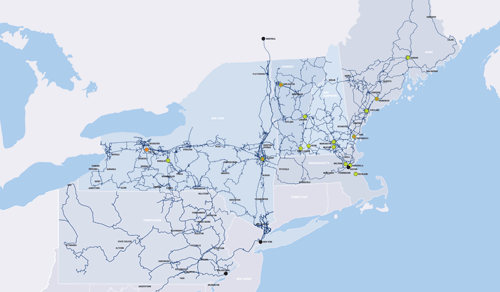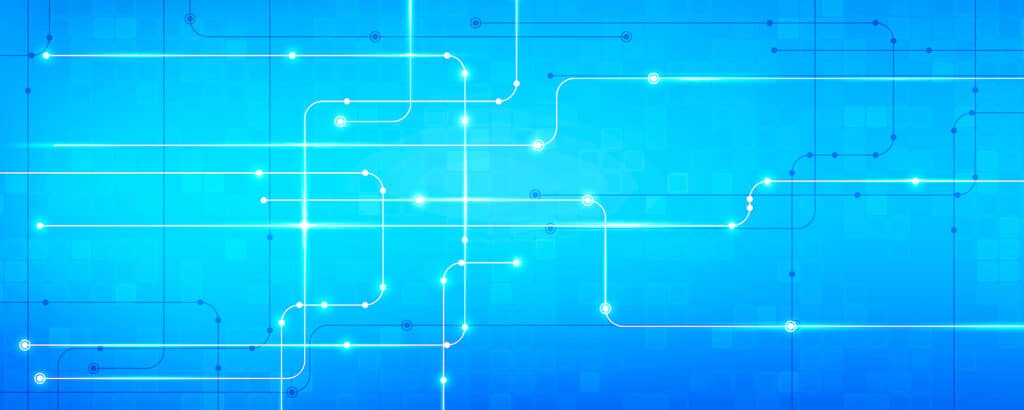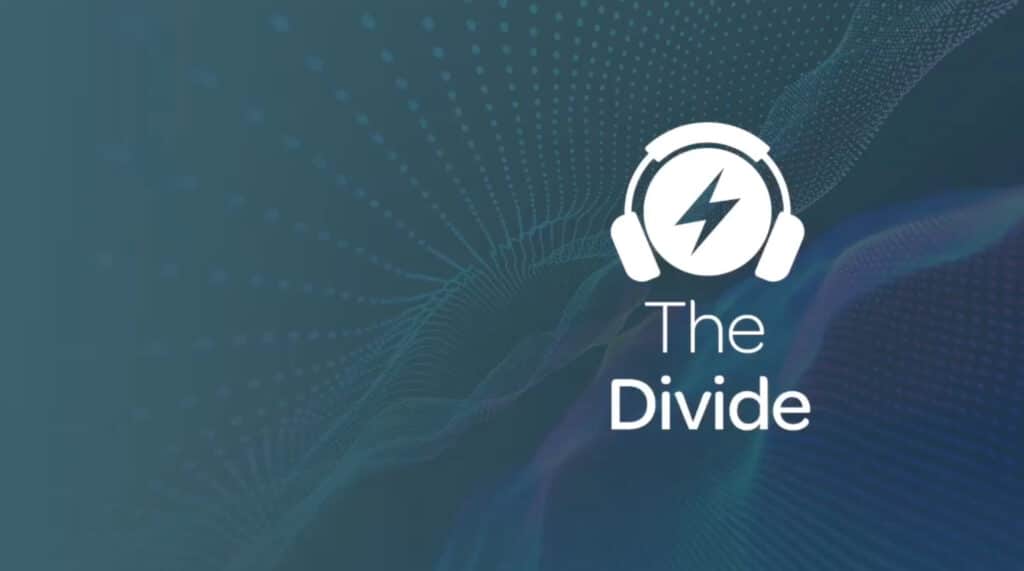
When it comes to cyberattacks, the healthcare industry is attractive to hackers for two primary reasons: It’s one of the fastest-growing industries in the United States, and it has a treasure trove of corporate and personal information. It’s proven so popular that it’s become the second-largest target for cybercriminals, right behind government entities.
A 2018-2019 global application and network security report found that the average healthcare organization spends an estimated $1.4 million recovering from a cyberattack. Healthcare organizations routinely get hit by DDoS and bot attacks, as well as malware.
Looking beyond cyberattacks, the healthcare industry also faces multiple other threats that make disaster recovery a necessary action item.
Here are 5 reasons why disaster recovery is essential to healthcare:
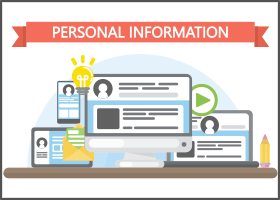 1: Protecting Records and Personally Identifiable Information
1: Protecting Records and Personally Identifiable Information
The healthcare industry has become almost a completely paperless environment. There’s a high reliance on electronic data across all departments.
Additionally, portals have grown in popularity, offering 24/7 patient access to records, healthcare apps are becoming more prevalent for smartphones, and healthcare providers rely on access to their applications and the data stored within them to properly treat their patients.
Put simply, data loss is an unforgivable sin in healthcare, and downtime carries an enormous cost, so high that every effort should be made to avoid it.
2: Reducing Complexity to Avoid Downtime
Managing Health Information Technology (HIT) is incredibly challenging. The image of a performer spinning plates on dozens of poles comes to mind. As a result of this complexity, healthcare organizations have been challenged to find a way to protect their critical data and applications while managing the chaos and dealing with the gauntlet of regulation, compliance and constrained budgets.
An effective disaster recovery plan for critical applications and data will focus on simplicity and automation. Replicating virtualized, private cloud environments to a secure cloud provider (with the credentials to support and understand healthcare workloads) can be the silver bullet that IT leaders are looking for to protect them from downtime. This approach removes much of the complexity that comes with trying to go it alone for DR, but still provides the healthcare organization control and peace of mind knowing their data is secure, under their management and in a cloud that is third-party audited specifically to accommodate PII.
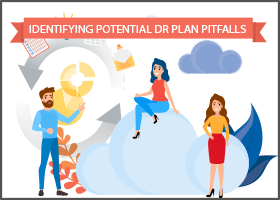 3: Identifying Potential DR Plan Pitfalls
3: Identifying Potential DR Plan Pitfalls
Regular testing of the network and systems will help reveal any potential problems with a disaster recovery plan. Testing also keeps employees up to date on their roles in the event of a disaster, allowing them to rehearse best practices.
Additionally, regular testing will help to confirm or improve thresholds for recovery time objectives (RTOs) and recovery point objectives (RPOs).
4: Keeping in Compliance with Data Protection Laws
Organizations within the healthcare industry must stay HIPAA and PCI DSS-compliant for all data handling and payment processing.
HIPAA fines currently range from $100 to $50,000 depending on the violation, with a current maximum amount of $1.5 million annually. PCI DSS fines range from $5,000 to $100,000 per month, with additional fines possible for repeat violations.
In today’s world, data lives in multiple places and often in multiple clouds. Finding a way to easily manage and protect this data is a challenge that cloud service providers have been helping to solve. Ensuring compliance (and avoiding the heavy fines that come when mistakes happen) is something that should be part of any disaster recovery / data protection solution.
The FirstLight Solution for Disaster Recovery in the Healthcare Industry
Without the proper disaster recovery plan and backup systems in place, healthcare organizations risk losing money as well as patient trust and reputation.
FirstLight specializes in disaster recovery and is part of a HIPPA and PCI DSS compliant solution for the healthcare industry. Our experts are ready to meet with your organization to show you how FirstLight’s healthcare cloud can help your organization avoid the high cost of downtime.
Get more details on DRaaS from FirstLight. Access our DRaaS fact sheet. Set up a free disaster recovery consultation by Getting in touch today!
